The Runaway Train
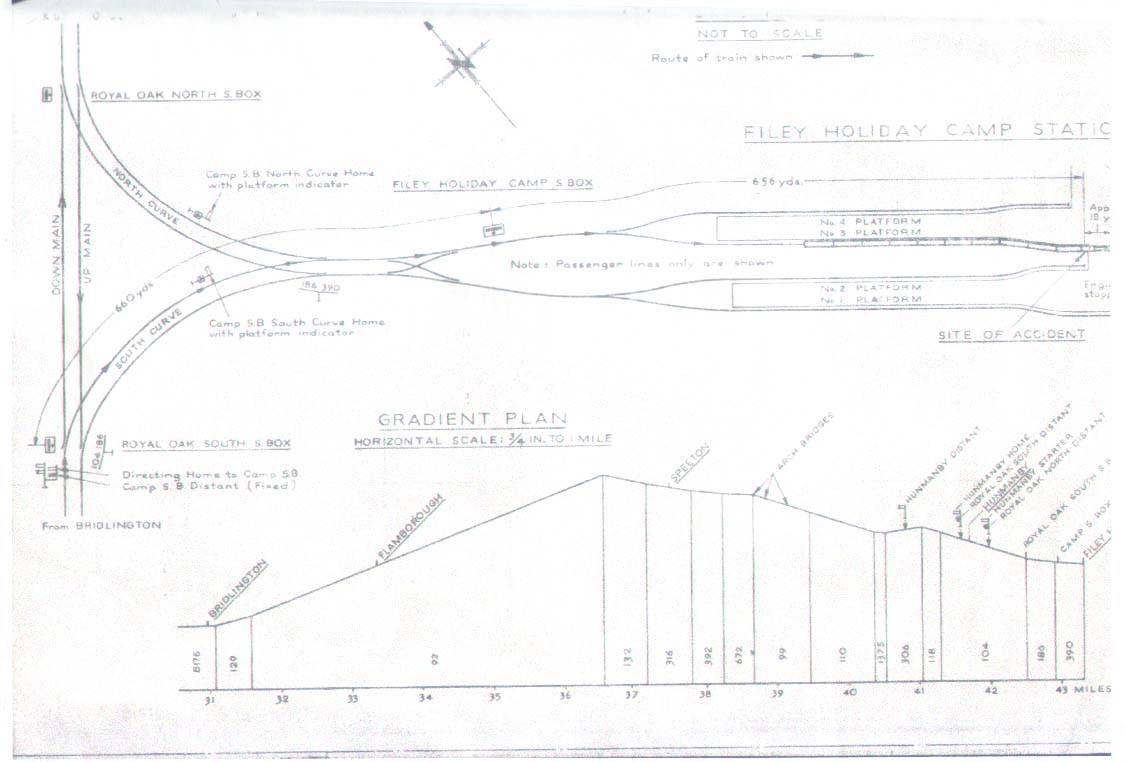
The 25th August 1956 saw signal man Mr Harry Metcalfe turn up for work as usual on the Filey Holiday Camp Railway Station on the North Eastern Region of British Railways. He had no idea that events unfolding down the line at Bridlington Station some 11 miles south would result in him receiving a commendation for his actions during that day.
At Bridlington the previous night, rolling stock had arrived and was placed in a siding in readiness for its short journey to the branch line that served the holiday camp at Butlins Filey. The engine that was to pull the rolling stock arrived from Hull the next morning at 6.40 am and was promptly handed over to a local driver, ten minutes later it approached the rolling stock and backed up to the empty carriages. The fireman coupled the engine to the coaches however in doing so he failed to connect the vacuum hose from the engine to the leading coach thus rendering the coaches with no braking power.
The driver after been assured the connection was complete then placed the vacuum handle in the running position. The guard who had arrived at the station 15 minutes before the train was due to leave made his way from the rear brake van to the front of the train and waited for the engine to arrive. After the coupling had been done he took of the brake in the front van climbed down from the train and shouted to the engine driver that all was ready.
The train moved off almost immediately at 7.04 some 4 minutes late with the guard jumping back on midway along the train.
With the engine working well up the gradient from Bridlington to Speeton, the driver had only to touch the brakes very slightly and thus noticed nothing wrong, however once over the gradient the train started to gather speed as it headed downwards towards Hunmanby. As it cleared the “Hunmanby Distant Signal” the driver noticed the next signal the “Royal Oak South Distant” was at yellow so as this signal indicated the driver applied the brakes however the application of the brakes led to no reduction in the speed of the train which by now had reached 40/50 mph. It was at this time the fireman realised he had not connected the vacuum hose and immediately alerted the driver to his error. The driver instructed the fireman to apply the hand brake hard and to keep popping the whistle which indicated that the train was out of control. The guard and a relief porter who was travelling on duty were in the seventh coach and were blissfully unaware that any thing was wrong as the train sped through Hunmanby Station

heading towards Royal Oak.
Relief signal man Harry Metcalfe in the Filey camp signal box
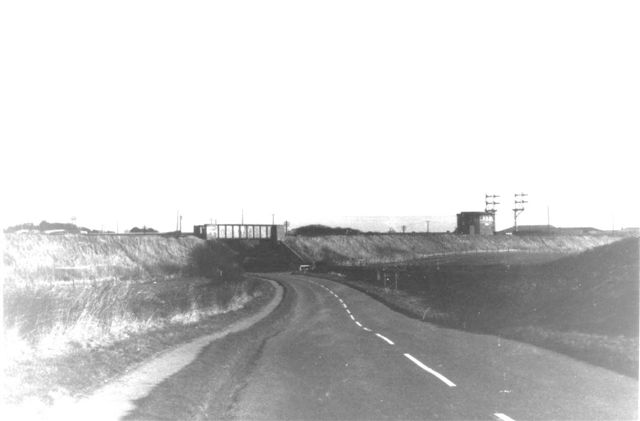
had already accepted the train from relief signalman Clarke who was in the Royal Oak South signal box
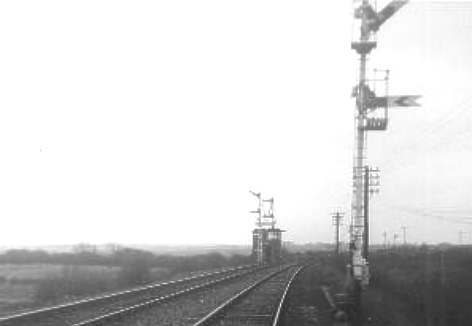
under regulation 5. Having already accepted a train on to the north curve and clearing the signals on that curve Harry Metcalfe now turned his attention to “The Runaway Train” approaching from the south. As the runaway train approached Royal Oak South Clarke realised it was going to fast to stop and sent a message to Metcalfe saying train running away on right line. On receipt of this message and hearing the popping whistle plus seeing the train for himself coming up to the south curve to fast Metcalfe altered the signals on the north curve thus alerting the train on the north curve. He then set the lines so as to give the runaway train as straight a run as possible into platform 3. He then contacted the station staff and told them of the impending danger heading their way, upon receipt of this information the station master and ticket inspector moved a number of passengers from the platform
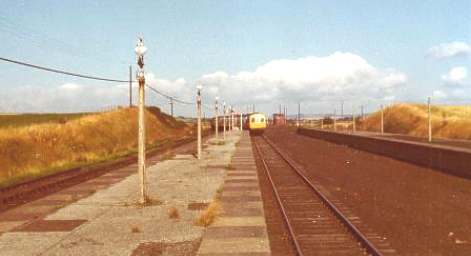
to safety. The train was now passing over the points on its way onto the south curve and was estimated to be travelling at around 50 mph as a result it rolled severely and threw the porter who was on the second coach against a table. This along with the popping of the whistle was recognised by the porter as train out of control and he immediately went to the leading brake van and screwed the brake hard on. As a result the trains speed was reduced to about 35 mph when it passed Metcalfe in the camp signal box. As it approached the platform the driver and fire man lept from the train to safety, the train then collided with the buffer on platform 3 at about 25 mph.
The driver, guard and fireman escaped serious injury however the train caused considerable damage to the station buffers
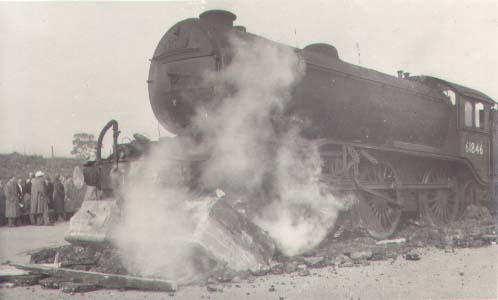
a block of concrete weighing around 5 tons which formed the upper part of the buffer stop was pushed forward onto the station concourse under the front of the engine. Flats were found on the engines wheels measuring 4/5 inches long, the leading coach was severely damaged and the next four coaches suffered slight damage.
The actions of signal men Metcalfe and Clarke and that of the station staff were recognised in the ensuring enquiriey carried out by The Ministry of Transport and Civil Aviation as “extremely redeeming features” in this otherwise dismal affair, District Relief Porter Burns acted with decision, Signalmen Clarke and Metcalfe did everything that could have been expected of them. Metcalfe undoubtedly rose to the occasion; he appreciated the situation rapidly, stopped the train approaching from the north, re set the road to give the runaway train the straightest and longest possible run and then telephoned to warn the station staff of the danger, all in the space of a very short time. At the station the two inspectors id not lack initiative and lost no time in clearing the concourse. Harry Metcalfe continued his employment with the railways right up to his retirement in 1986 and now lives in Filey with his wife Winnie. He clocked up a total of 49 years service with the railways after starting his career as a telegraph boy at Durham south signal box before qualifying as a signal man and being transferred to the Filey area.
Many thanks must go to Harry for his assistance and despite his 86 years remembrance of this incident which took place now some 48 years ago.
Pictures by kind permission of P.Barker M.Barnes.
Copyright Chris Skelton 2004





